Review Acer 1810TZ Notebook
Choosing a mobile laptop, you can sometimes be at a crossroads - take a cheap netbook or an expensive, but productive ultraportable. Until some time worthy alternatives at a price of up to 25 thousand rubles did not exist, but meet: Acer Aspire 1810TZ, belonging to the Timeline line and promising up to 8 hours of battery life.

The laptop is quite compact - slightly smaller than A4 sheet. The
cover is naturally glossy, like the screen. Well, at least the space near the touchpad is matte.

The carcass has all the ports necessary for happiness: three USB, VGA (D-Sub), HDMI, S / PDIF, LAN (RJ-45)

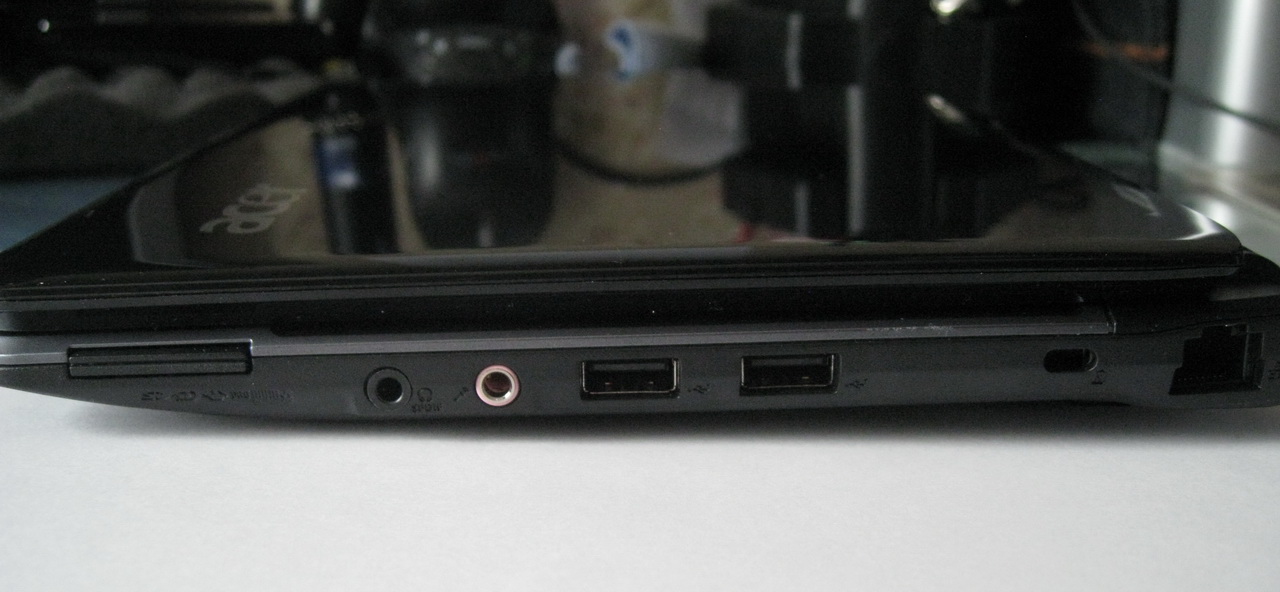
The battery, bluetooth and Wi-Fi indicators are located in front:
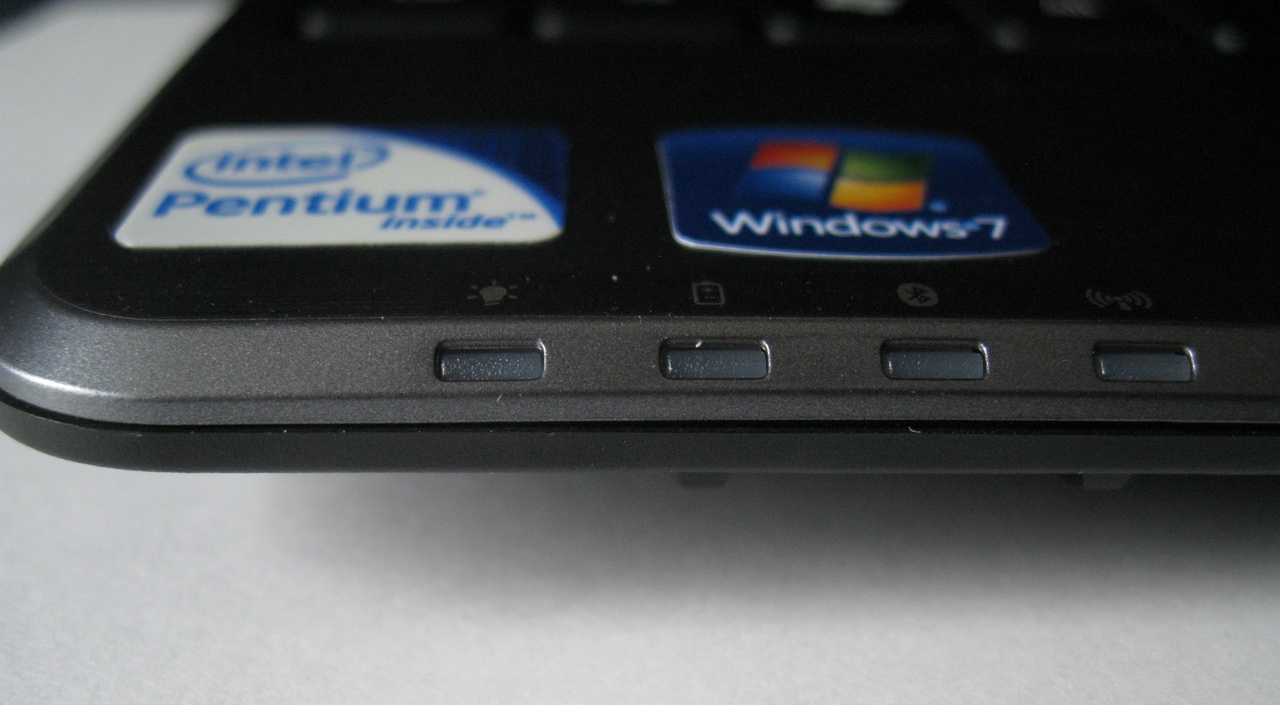
Interestingly, the WiFi indicator blinks when transmitting data, which is very convenient. But the bluetooth did not seem to be in the laptop =) When I try to turn it on with the switch below the indicator, an error message pops up. WiFi switches normally.
The indicators of the hard drive, numloc and capsloc are located above the keyboard:
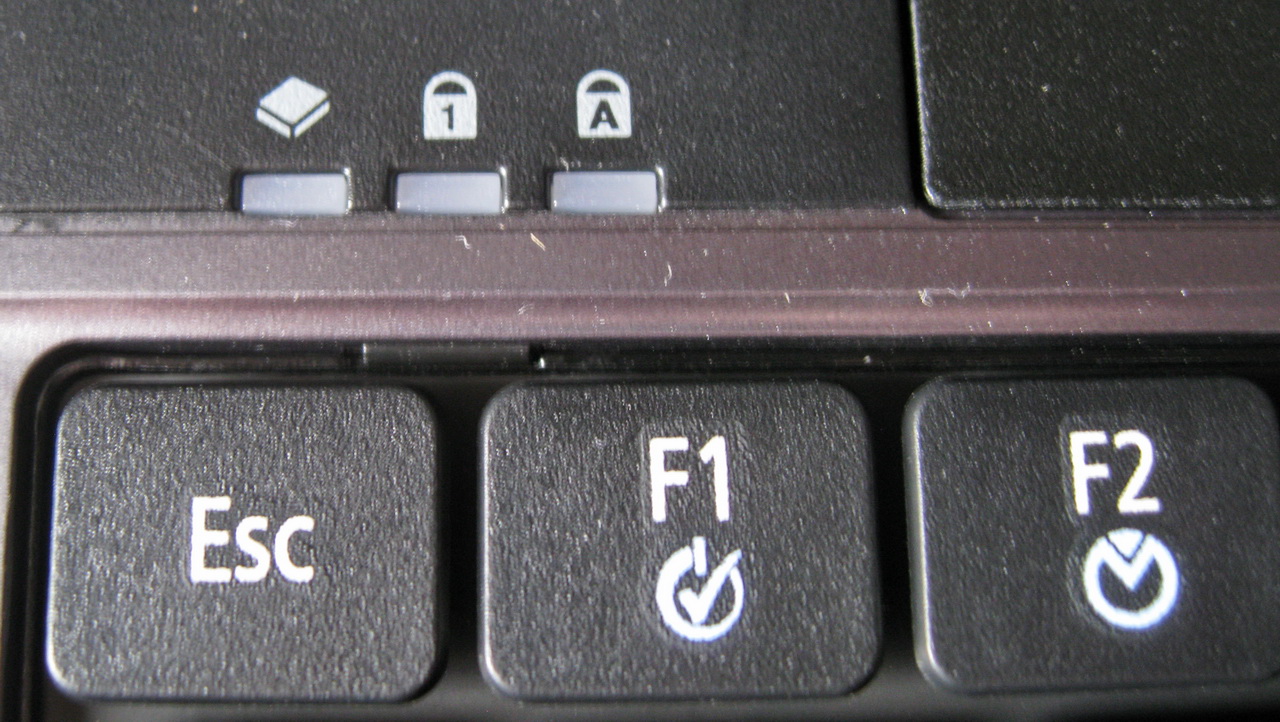

The keyboard is made very convenient, in fact the button has more than my home button, the size of the block of letters coincides with my keyboard in width and height.
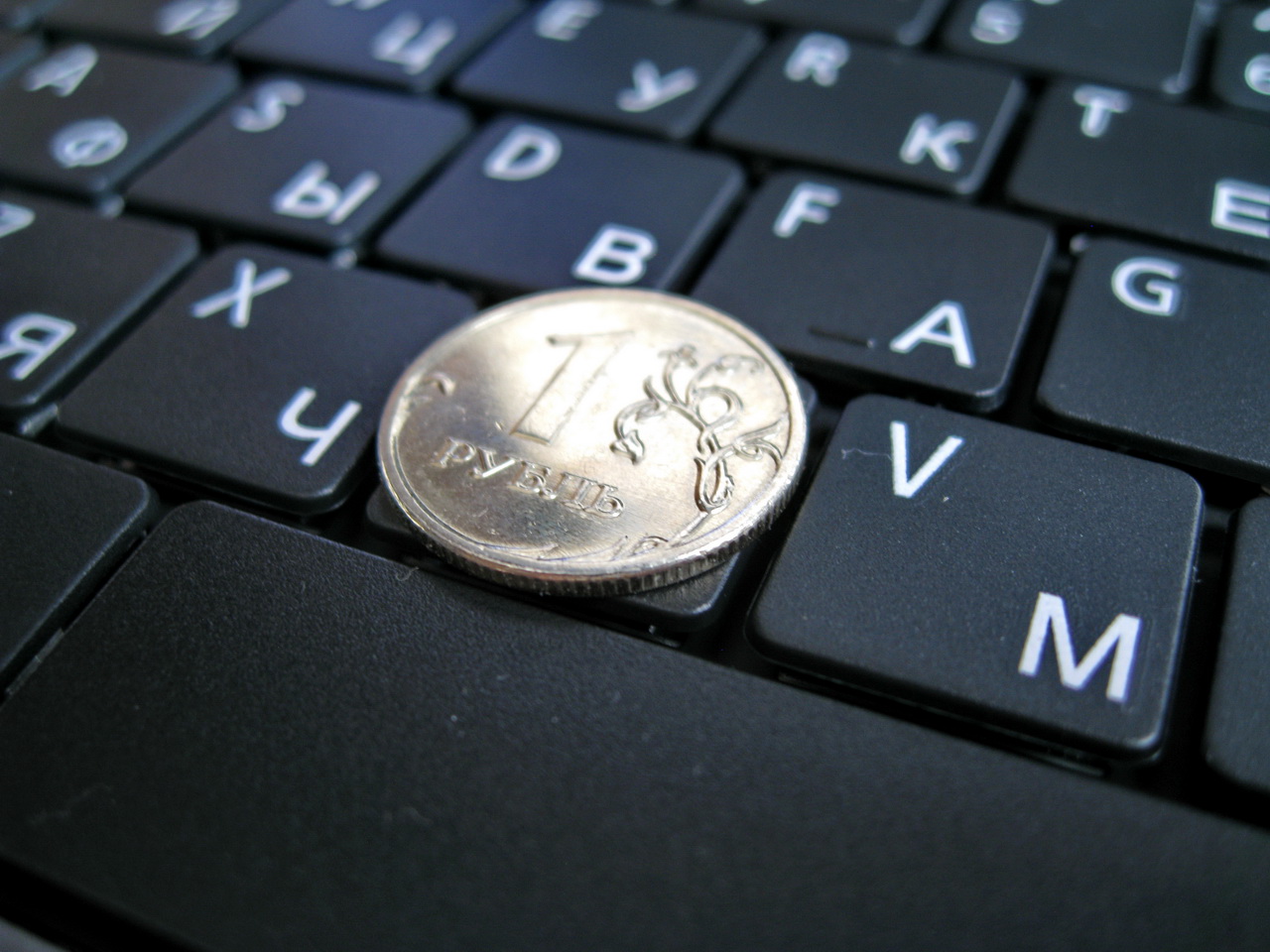
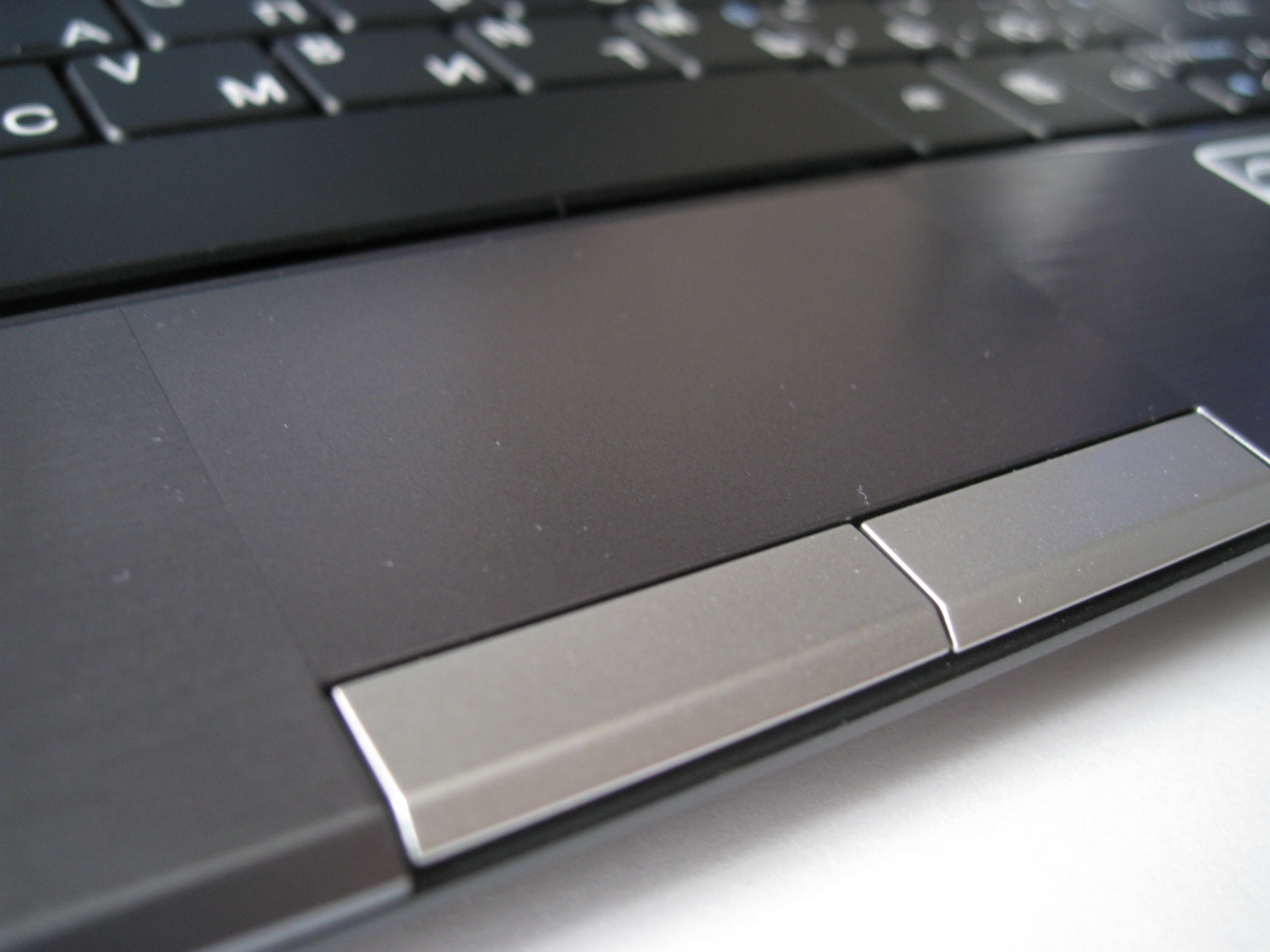
The laptop has a multi-touch touchpad, which almost does not stand out on the case, it is literally 0.1 mm indented, and the surface is smoother to the touch than the case. In principle, it is difficult to lose it, but I like the pimpled solution in Asus' laptops more. In addition to its multitouch sensitivity (from my point of view, the feature is useless), I have one more complaint: the mouse buttons are poorly fenced off the touch surface, as a result of which the finger can slide off the buttons and interfere with the touchpad. Although you probably just need to get used to such an implementation.
The Pentium Dual-Core SU4100 processor operating at a frequency of 1300 MHz is installed in the 1810TZ model. It passes the SuperPi test somewhere three times faster than the average atom, if my memory serves me:
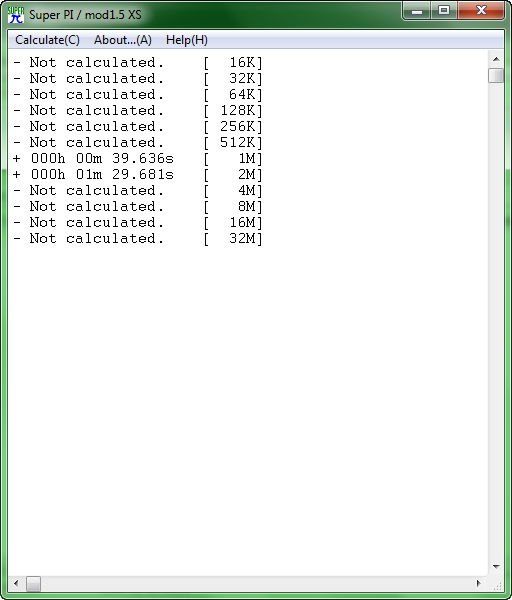
Detailed characteristics of the processor in the CPU-Z screen:
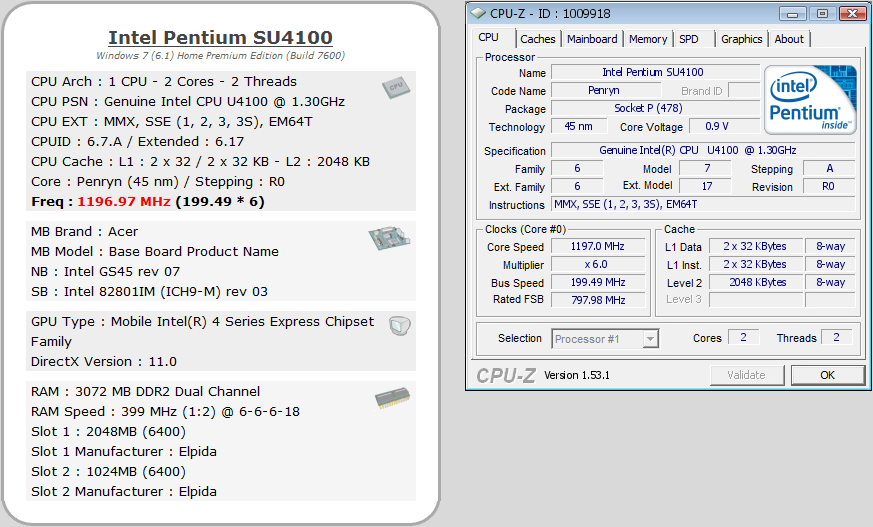
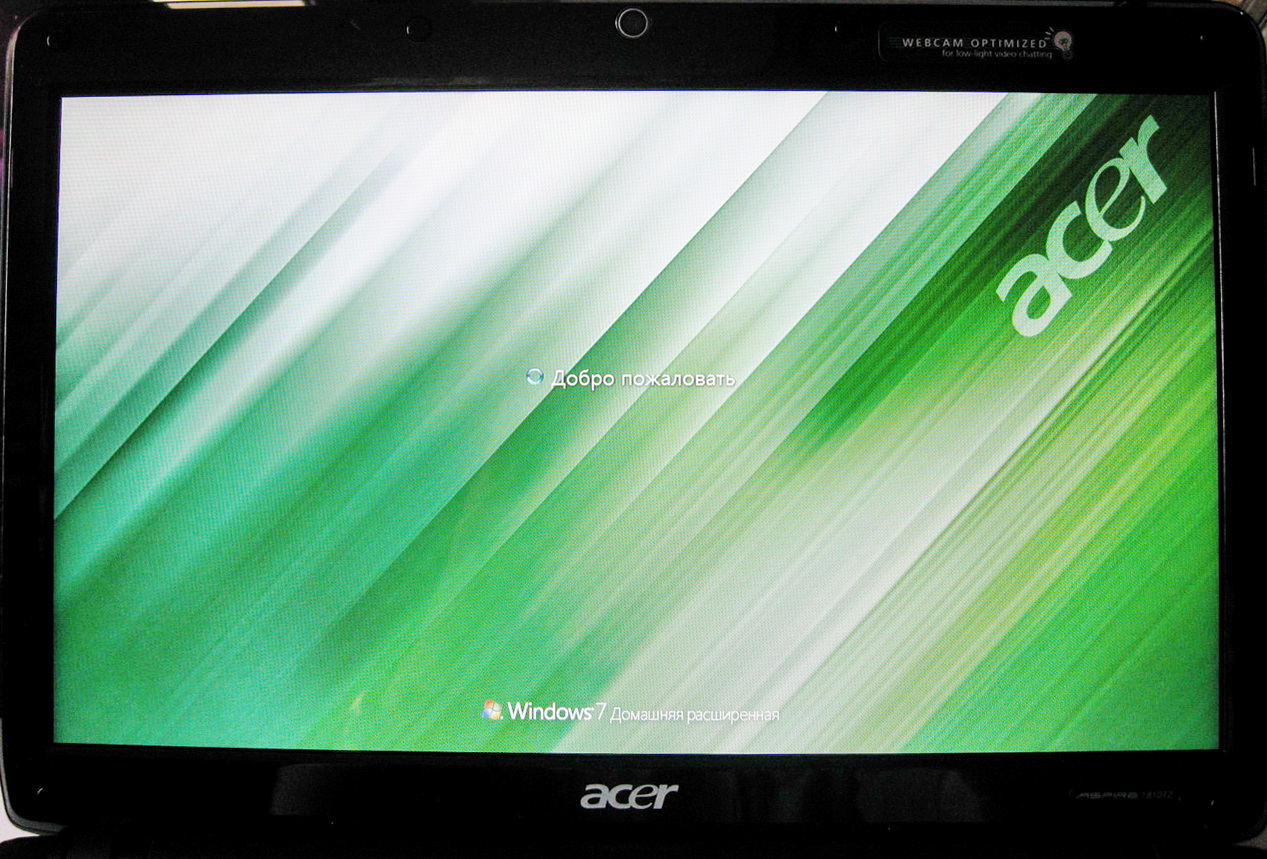
Windows 7 Home Premium is installed on the laptop, which is already quite common for new devices. It is distinguished by the fact that the version is 64-bit, although the laptop costs 3 gigabytes of memory. Upset of course is that it is localized - I prefer English-language OSes (tell me if it is possible to roll English LIP on it).
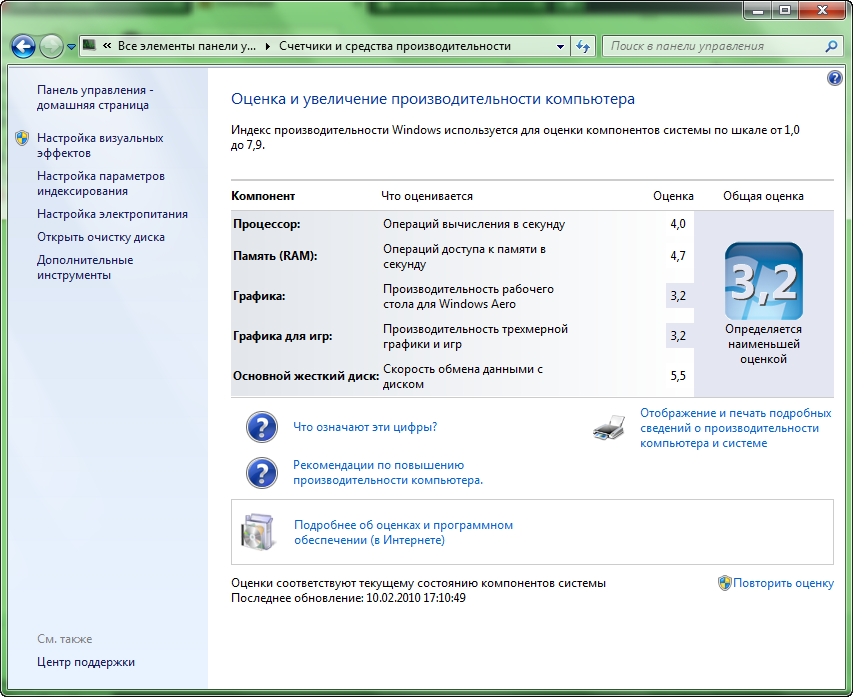
That's because of such jambs, I do not like Russified Windows: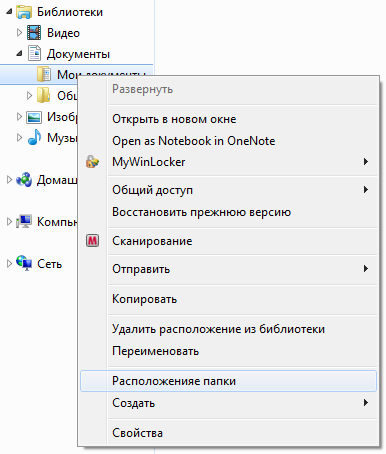
Also, a huge pile of govnosoft is installed in the system - with a dozen obscure games and trial antivirus with an office. Then somehow I'll take the whole system to hell and put the Debian next to the normal seven.
The plans so far to put Visual Studio and other software for reconnaissance in battle, but I'm sure the machine will not let me down. I will also launch the Battery Eater test later to clarify the survivability of the battery. So far, when fully charged, Windows promises 9 hours.

At maximum load in Battery Eater, the laptop lasted 3 hours 33 minutes and fell asleep with 10% of the battery:
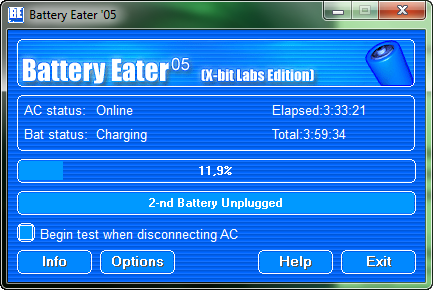
Here is the log , if anyone needs it.
Oh yes, the laptop cost 22,000 rubles, for similar money there is a model with 4 GB of RAM and an iota.


Strange Names
The box says that this laptop belongs to the Timeline line, which supposedly guarantees 8 hours of battery life, but this model’s website doesn’t, and the series starts from models with a 13.3 "screen. But be that as it may, the laptop itself considers itself to be full a member of the Timeline line.Packaging and appearance.
The laptop comes in a rather compact box, inside of which it lies, a power adapter, a battery and a laptop case. Do not put a cloth to wipe the case.
The laptop is quite compact - slightly smaller than A4 sheet. The
cover is naturally glossy, like the screen. Well, at least the space near the touchpad is matte.

The carcass has all the ports necessary for happiness: three USB, VGA (D-Sub), HDMI, S / PDIF, LAN (RJ-45)

Left side, left to right: VGA, DC in, HDMI, USB

Right side, from left to right: memory card slot, audio output (linear + S / PDIF), microphone input, two USB, Kensington Lock and ethernet connector (hidden completely right in the dark)
The battery, bluetooth and Wi-Fi indicators are located in front:

Interestingly, the WiFi indicator blinks when transmitting data, which is very convenient. But the bluetooth did not seem to be in the laptop =) When I try to turn it on with the switch below the indicator, an error message pops up. WiFi switches normally.
The indicators of the hard drive, numloc and capsloc are located above the keyboard:

Keyboard and touchpad

The keyboard is made very convenient, in fact the button has more than my home button, the size of the block of letters coincides with my keyboard in width and height.


The laptop has a multi-touch touchpad, which almost does not stand out on the case, it is literally 0.1 mm indented, and the surface is smoother to the touch than the case. In principle, it is difficult to lose it, but I like the pimpled solution in Asus' laptops more. In addition to its multitouch sensitivity (from my point of view, the feature is useless), I have one more complaint: the mouse buttons are poorly fenced off the touch surface, as a result of which the finger can slide off the buttons and interfere with the touchpad. Although you probably just need to get used to such an implementation.
Let's look at the specifications of our carcass:
| CPU | Pentium Dual-Core SU4100 @ 1300 MHz |
| Chipset | Intel GS45 |
| System bus frequency | 800 MHz |
| Memory | 3072 MB DDR2 667 MHz |
| Display | 11.6 inches, 1366x768, widescreen, LED backlight |
| Graphics chipset | Intel GMA 4500MHD |
| Flash card support | Memory Stick, Secure Digital, xD-Picture Card |
| LAN | Atheros AR8131 PCI-E Gigabit Ethernet Controller |
| Wireless | Intel WiFi Link 1000 B / G, there is no WiMax in my model, |
| Interfaces | USBx3, VGA (D-Sub), HDMI, S / PDIF digital audio output, LAN (RJ-45) |
| Battery | operating time up to 8 hours, Li-Ion, capacity 5600 mAh |
| Dimensions (LxWxT) | 285x204x30 mm |
| Weight | 1.4 kg |

Detailed characteristics of the processor in the CPU-Z screen:

Software filling

Windows 7 Home Premium is installed on the laptop, which is already quite common for new devices. It is distinguished by the fact that the version is 64-bit, although the laptop costs 3 gigabytes of memory. Upset of course is that it is localized - I prefer English-language OSes (tell me if it is possible to roll English LIP on it).

That's because of such jambs, I do not like Russified Windows:

Also, a huge pile of govnosoft is installed in the system - with a dozen obscure games and trial antivirus with an office. Then somehow I'll take the whole system to hell and put the Debian next to the normal seven.
General impressions
If you discard my nitpicking to the system, I’m very pleased with the piece of iron, the main thing is that I managed to get away from netbook restrictions - we got a pretty powerful system (it pulls 1080p), with a good “HD” screen, quite comfortable for watching 720p video from a wifi sofa, by the way, a rip with a bitrate of 7Mbps and a resolution of 1280 * 534 (AVC, h264) in the VLC "over the air" is played without plugging.The plans so far to put Visual Studio and other software for reconnaissance in battle, but I'm sure the machine will not let me down. I will also launch the Battery Eater test later to clarify the survivability of the battery. So far, when fully charged, Windows promises 9 hours.

At maximum load in Battery Eater, the laptop lasted 3 hours 33 minutes and fell asleep with 10% of the battery:

Here is the log , if anyone needs it.
Oh yes, the laptop cost 22,000 rubles, for similar money there is a model with 4 GB of RAM and an iota.

